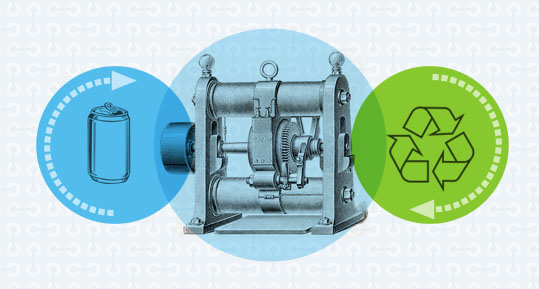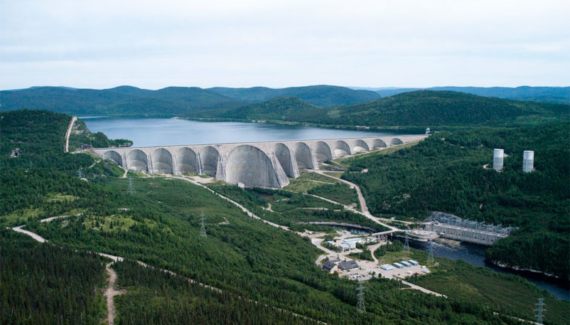The linear “Take, Make, Dispose” processes that characterize how goods, food, fresh water and energy are currently produced have caused major environmental, economic and social problems, such as climate change, resource scarcity, and pollution.
So far, the role of technology has been mainly to improve the efficiency of these linear production processes, significantly increasing the unit of output by unit of input, like for better combustion engine or faster transistors.

While technical advances are expected to continue producing improvements in efficiency, the real challenge lies in moving from a linear to a circular economy, where “waste” will be reintroduced into the production chain greatly minimizing our need of resources and our impact in the environment. Close-looping our economy is no longer an option but an urgent need as our demand of natural resources, strategic minerals, and energy is dramatically increasing.
Reducing your water, energy and raw materials bills make all the sense so why circular economy is not already a reality? In case cases, it is. We all used recycled paper, cans, bottles, car components and even water. Recycling makes economic sense, reducing costs and maximizing production, especially when a whole life-cycle assessment is made. Moreover, recycled products are especially popular with high-spending customers, as many trendy companies know well.

Emerging technologies are critical in enabling disruptive close production cycles. For example, why are we still dependent of crude oil, a linear process that start by drilling our and ends by increasing our CO2 levels? Because, alternative circular processes does not make economic sense. And it is here where disruptive technologies can play a key enabling role. For example producing clean abundant hydrogen by splitting water using solar light than then can be used as a fuel producing only water closing the circle.
Emerging technologies, like any other disruptive enabler, are difficult to forecast. Nobody really knows which one will allow to close-loop our production chains. The Global Agenda Council on Emerging Technologies, which already launched its top ten emerging technologies in 2020, is now working in a new list looking at current technological trends. Among our priorities are those which will contribute to make our production systems more sustainable while satisfying the demands of World population.
Comments on this publication